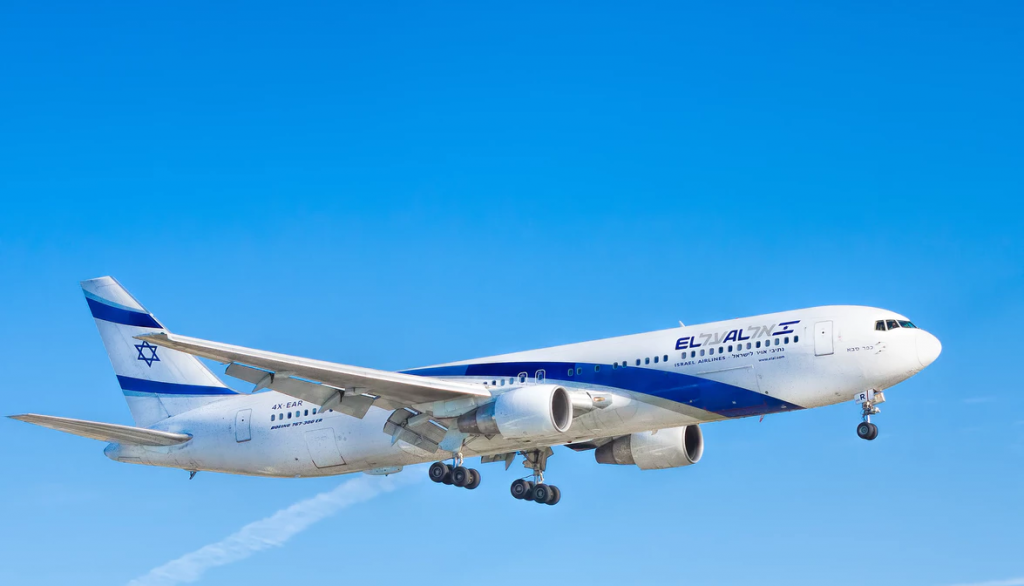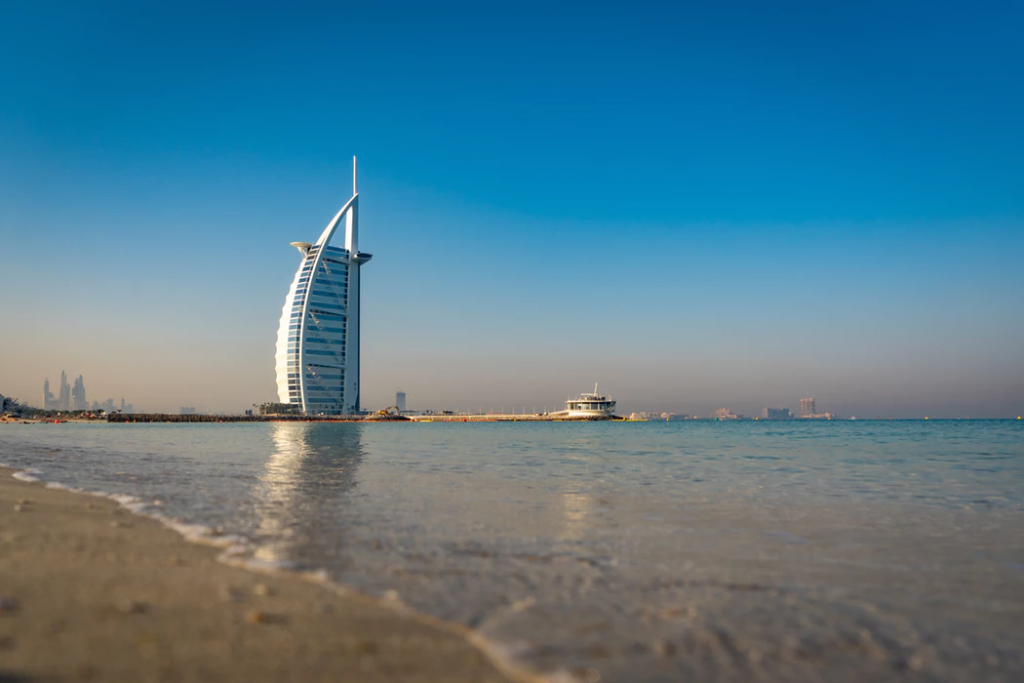Upon the recent news that women make 80% of all travel decisions, the future of travel certainly appears to be female. But how do travel professionals speak up and get heard by this exceedingly prevalent demographic in areas such as the Middle East, where unfamiliar cultural and social standards can often strongly juxtapose those experienced by a Western civilisation? Let’s take a closer look…

Don’t be afraid to be adventurous
Traditionally, Middle Eastern culture dictated a strict definition of the role of a woman that restricted her to a mother and a matron of the household.
However, these generalisations can often lead to the overlooking of a far more nuanced treatment of gender roles within the culture. There are thousands of middle and upper-middle class women in the Arab nations that, much like their Western counterparts, juggle a family life with a professional lifestyle. This creates a Middle Eastern woman of far greater autonomy and social status than perhaps commonly perceived.
Likewise, whereas in the past Muslim holidaymakers have journeyed only to a select few countries, current trend within the Middle Eastern region dictates a more diverse exploration of cultures – this is mainly due to countries beginning to provide more inclusive facilities.
As such, don’t be afraid to be adventurous with the type of travel you market, researching more about your target audience to avoid falling into the common misconceptions of ill-informed cultural perceptions.
Abide by social and cultural expectations
To successfully market travel to Middle Eastern women, it’s vital to have a comprehensive understanding of the social and cultural expectations of the Arab nations, putting them into practice whenever you’re visiting the area yourself.
Most Middle Eastern countries have a dress code representative of Islamic traditions, and being respectful of this conservative heritage at all points is key to your customer relations and public image. Look to work in areas with less strict interpretations of Sharia Law – female travellers are more inclined to travel here due to more liberal takes on dress and morality laws.
Either way, ensure you can offer a travel package that respects these cultural differences. Even simple things like the inclusion of in-flight Western magazines can be in violation of many Middle Eastern ethical beliefs and standards, so ensure you thoroughly understand these standards and market an appropriate travel package accordingly.
Utilise social media
The social media surge that has swept the entirety of Western culture in recent years certainly didn’t leave the MENA region untouched. On the contrary, Instagram alone revealed it had 63 million users in the region.
The Middle East’s embracement of these social platforms has consequently led to the amplification of female voices, with inspiring female revolutionaries opening up a global conversation about gender roles. As such, this relationship between Arab women and social communities opens a distinctive platform for communication directly to the female demographic.
Therefore, don’t underestimate social media as an effective travel marketing tool. Simple and direct, we suggest practising social media marketing strategies in the exact same way you would in a Western context, resting assured that your audience is out there and waiting.

Marketing travel to Middle Eastern women is an exciting and prosperous business avenue. As long as you do your research to obtain a comprehensive understanding of the unfamiliar and sometimes tricky societal and cultural differences between the Middle East and West, you’ll be able to practice many of the same trusted marketing strategies and achieve the same great results.



One comment